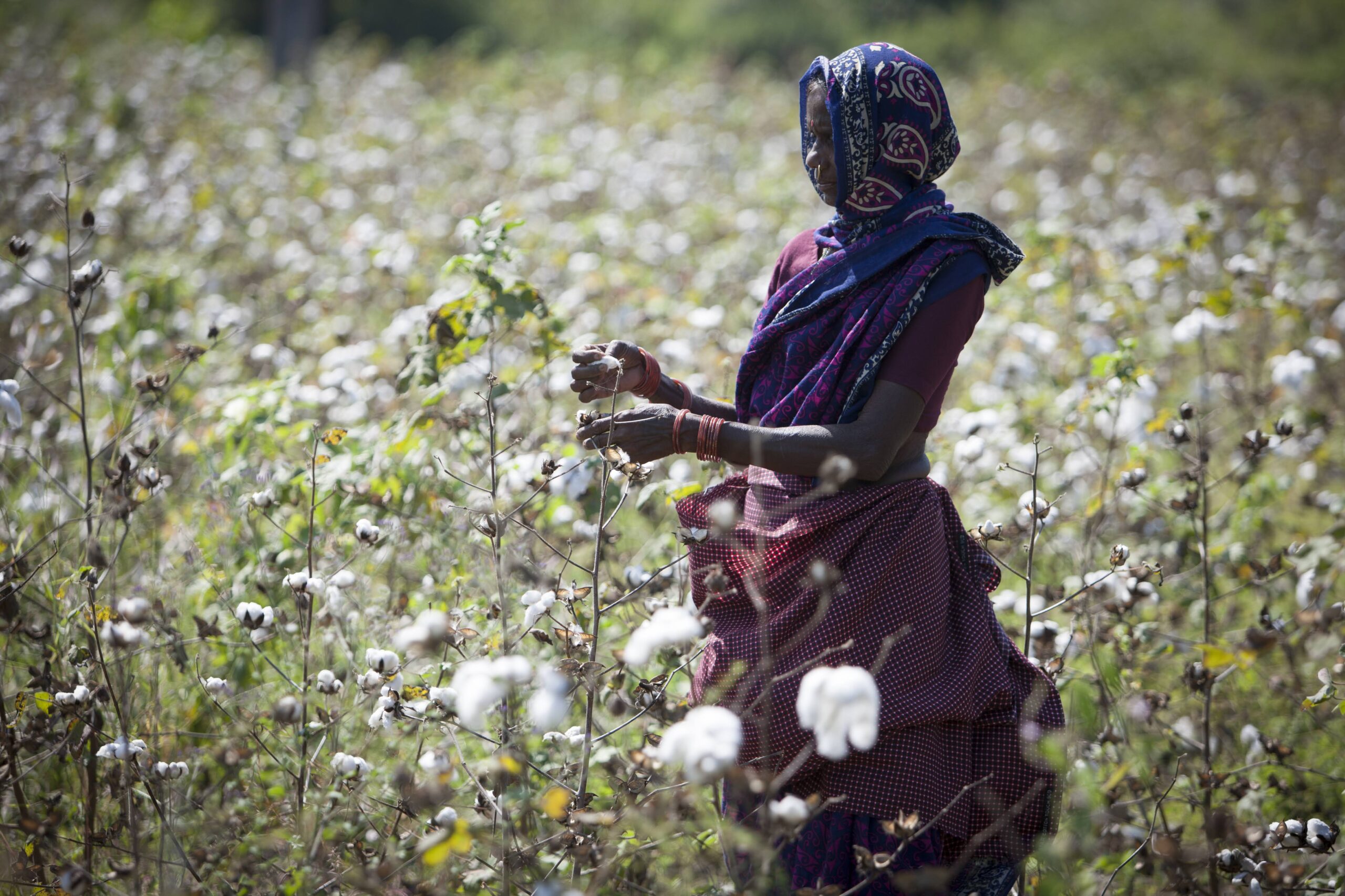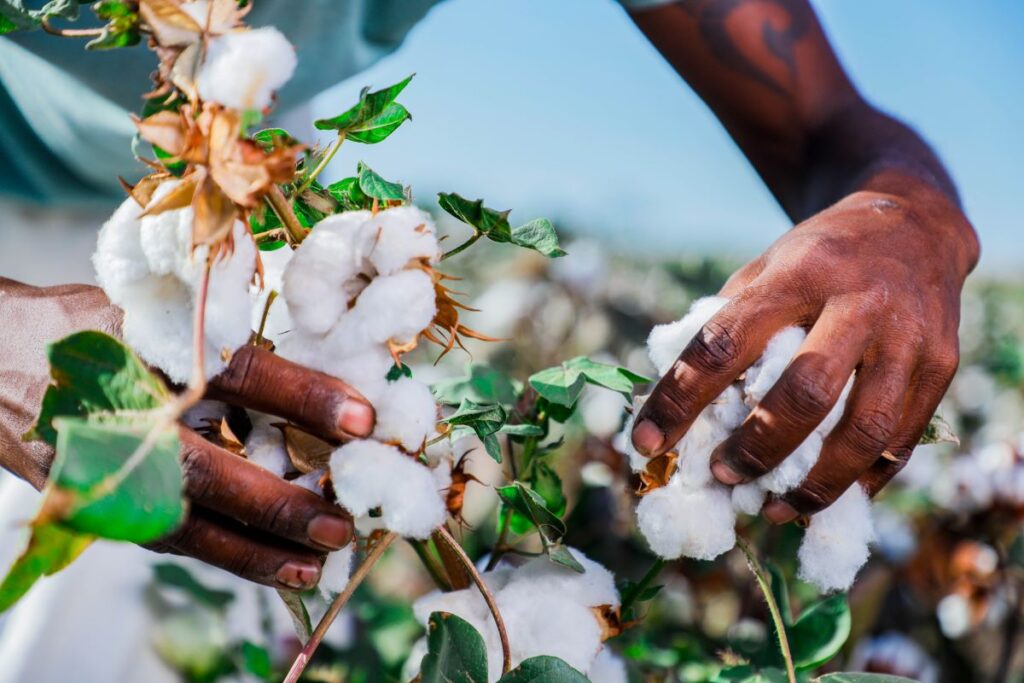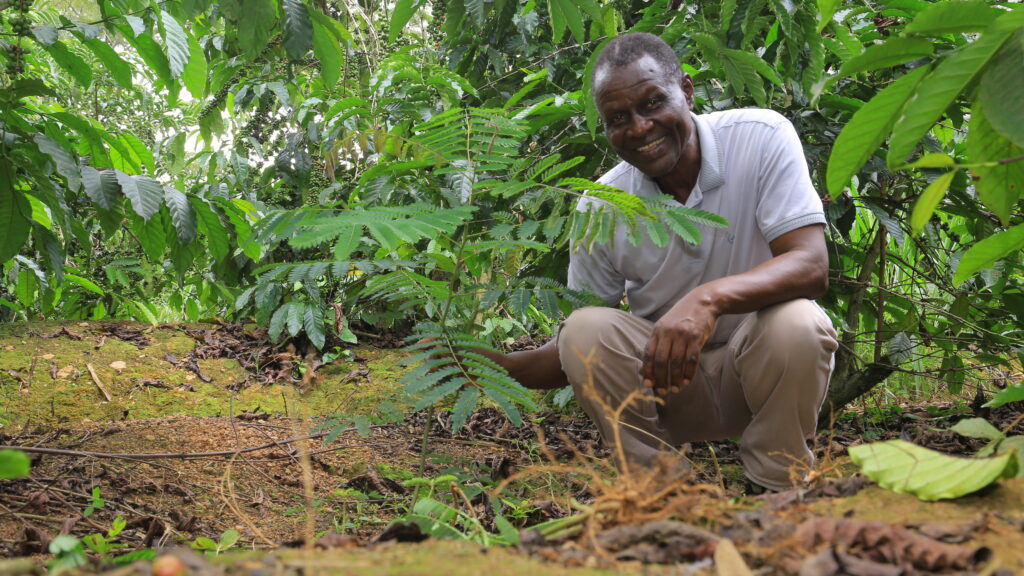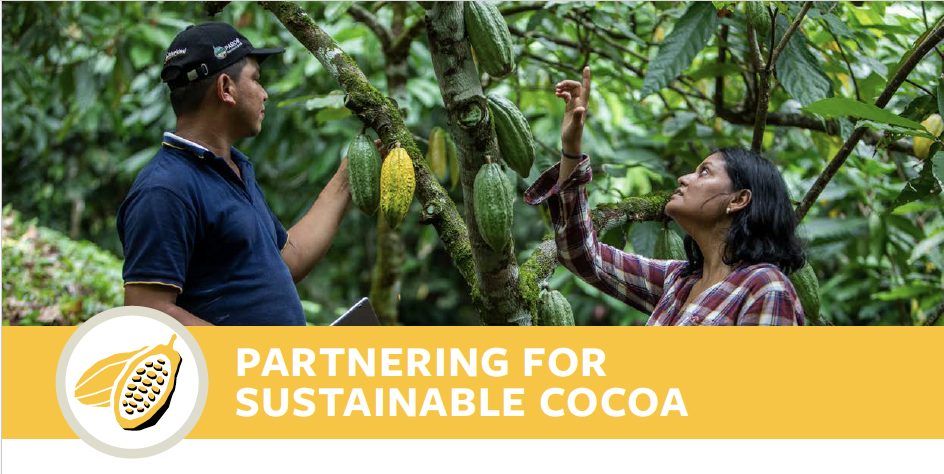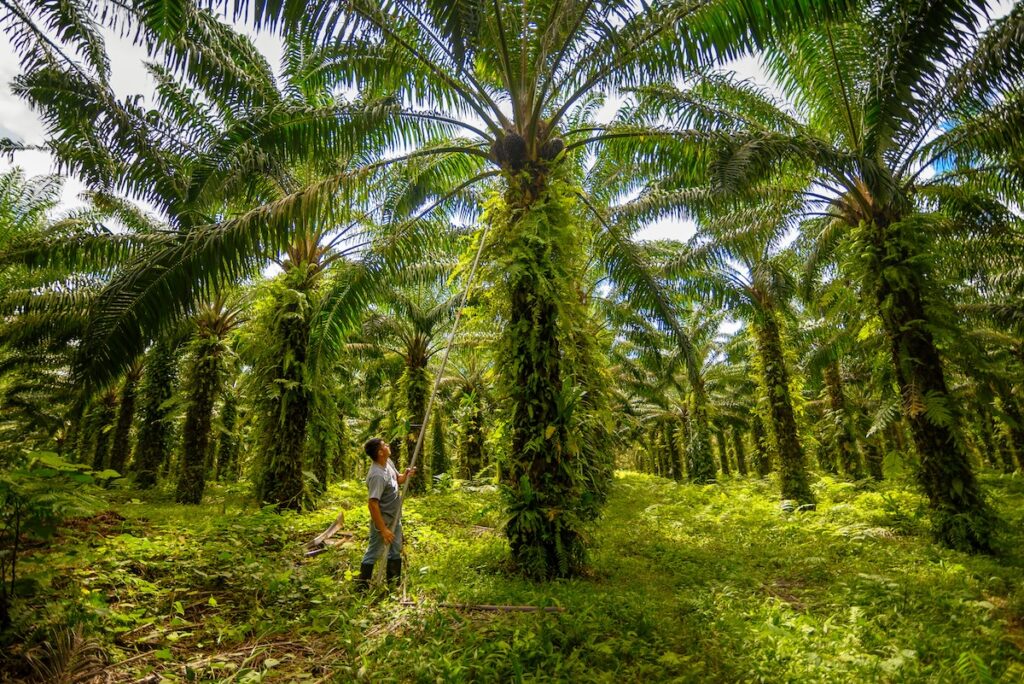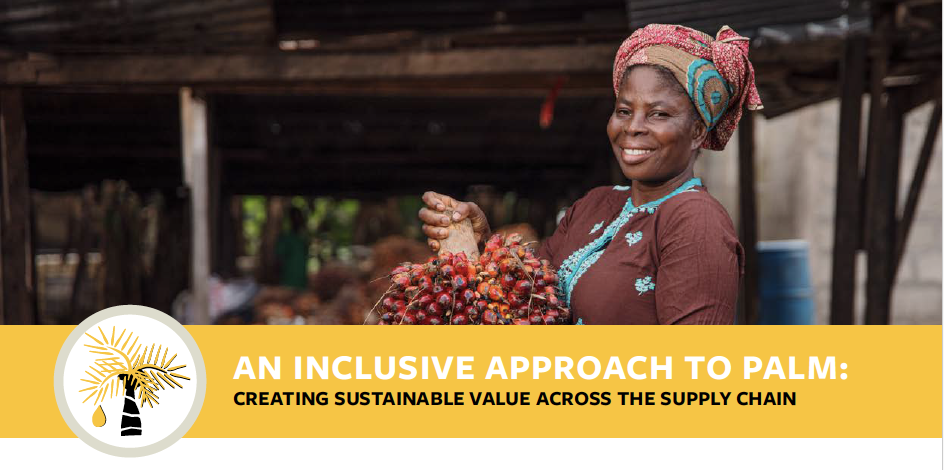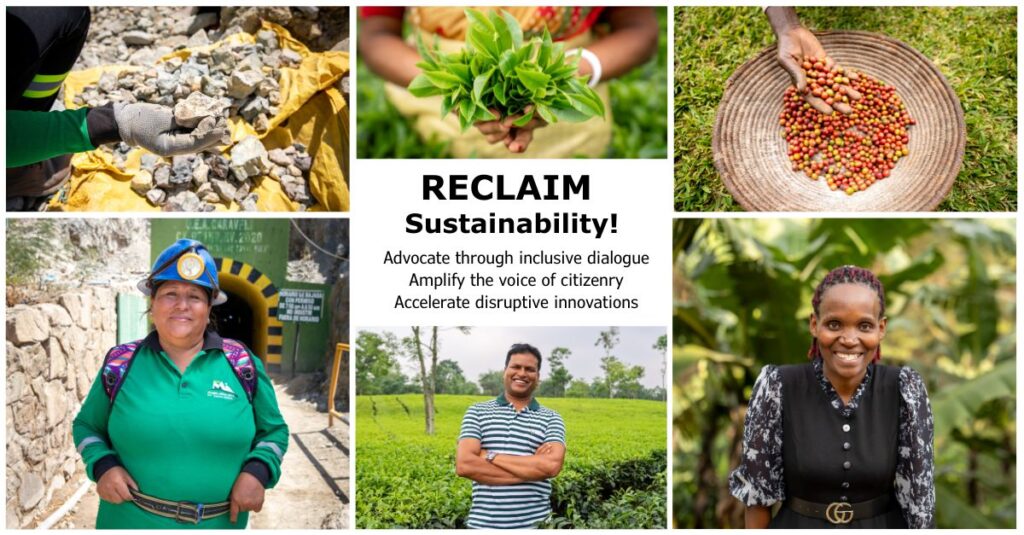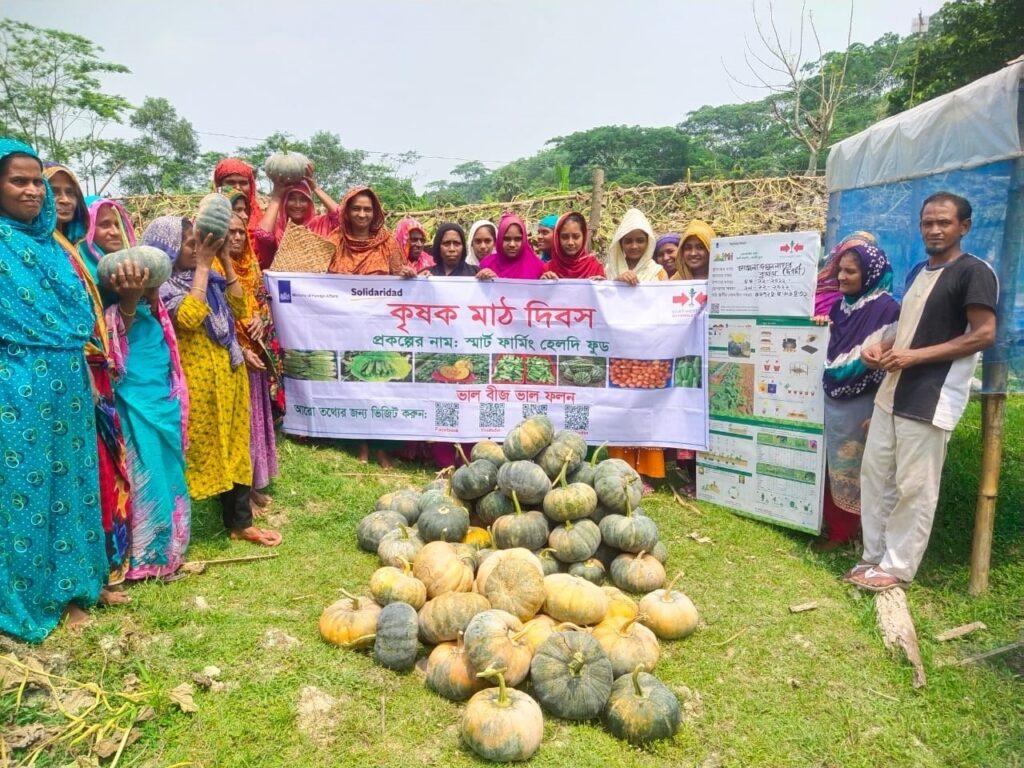The conclusions of the 2023 Cotton Ranking and the first Cotton Paper are troubling. Brands and retailers in the sector take insufficient action to ensure cotton sustainability, despite a wide range of possible actions that can help them mitigate, address or even reverse the worst environmental and social impacts of the cotton production which they rely on. Whilst the fact is that, as the paper on Cotton and Corporate Responsibility argues, companies can help create a world where being a cotton farmer does not mean a life of poverty.
A key solution thus involves supporting farmers to adapt to climate change and earn a living income, but this can only be realized if retailers and brands change their relationship with cotton farmers, workers, and their value chains. Companies should invest money and resources in smallholder production, lead their value chains, and collaborate with all stakeholders to change this course. In particular consumer-focused retailers and brands bear the first responsibility for changing the currently unsustainable situation in the cotton sector.
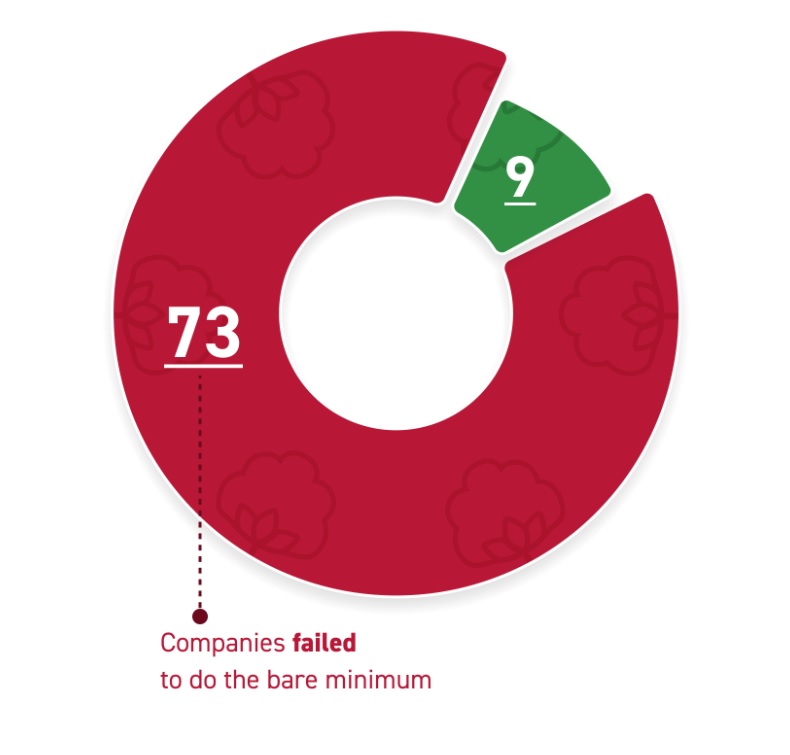
Unsustainable cotton is a choice
Much of the cotton purchased by major companies does not meet even the requirements of basic certification, meaning that its source cannot be verified to be meeting minimal standards. At the time of publication in June 2023, only 9 of the 82 largest cotton-sourcing companies in the world are found to be sourcing 99% or all of their cotton from certified sources; Decathlon, H&M, Ikea, Adidas, Columbia, Marks & Spencer, C&A, Lojas Renner and Puma. All other companies are failing to achieve even this, with 30 companies achieving a score of zero in the ranking.
Many brands cite complex trade realities as a barrier to progress, but the Cotton and Corporate Responsibility paper invalidates this argument and provides clear recommendations. These recommendations include investing in smallholder climate adaptation, updating purchasing practices to ensure better pay for cotton producers, and becoming transparent on cotton sourcing, but even these are just a start.
In reality, given the resources available to big brands, unsustainable cotton is a choice. A bad one. But it doesn’t have to be one we live with. Brands and retailers can make new decisions. They can choose to be more transparent in their operations, and about their suppliers. They can choose to take on the complex question of fair pay, rather than use it as an excuse. And they can choose to engage with all actors along their supply chain, rather than hiding behind intermediaries.
Tamar Hoek, Senior Policy Director Sustainable Fashion at Solidaridad Europe
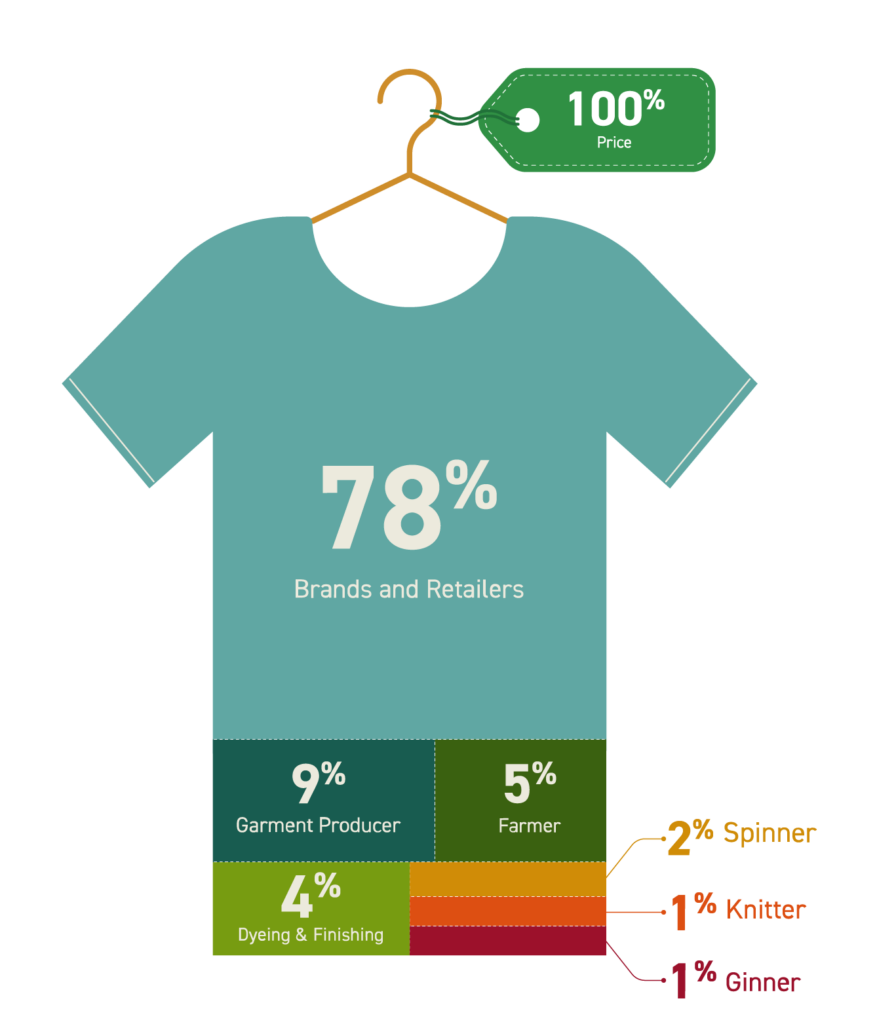
Current corporate practices lead to social and environmental harm
Smallholder cotton farmers, who make up the majority of the world’s cotton producers, currently live on the edge of poverty and do not receive a fair income/wage, have no access to training and no support for climate adaptation. With the impending impact of climate change, which is likely to reduce or destroy yields across every cotton growing region, smallholder farmers will not be able to ensure reliable production and will be pushed even further into poverty.
The latest Ranking and the Cotton and Corporate Responsibility paper reveal the negative impacts of the current corporate practices on cotton workers and the environment, with low margins pushing farmers to work for less money and to gamble on hazardous agrochemicals in an effort to stay above the poverty line.
Nearly half of smallholder cotton farmers are poisoned by pesticides every year. Zero pesticide poisoning is possible today if textile & apparel companies choose to take responsibility for their supply chains and deepen investment in supporting a transition to agroecological cotton production.
Rajan Bhopal, International Projects Manager at PAN UK
A new hub on cotton sustainability
The Sustainable Cotton Hub will bring together experts from organizations working in and around the cotton sector, such as Solidaridad and PAN UK. The aim is to expose the sustainability challenges of cotton production, and explore the host of contributing economic, labor and environmental factors. The platform will also provide recommendations on how major stakeholders can address these critical issues. Future papers will cover topics including climate change, nature and inequality, and will be published in the course of 2023.
Learn more about the corporate role in making cotton sustainable here.
Read the latest cotton ranking here.

